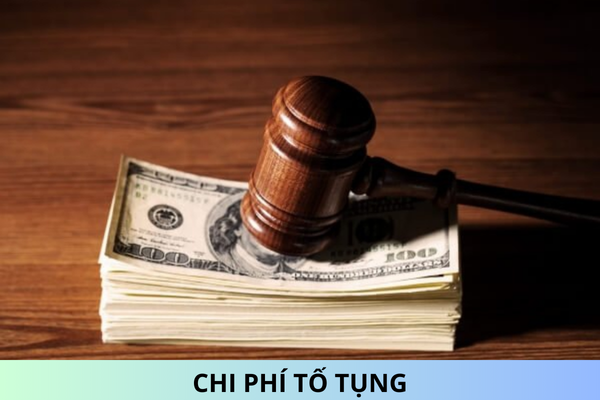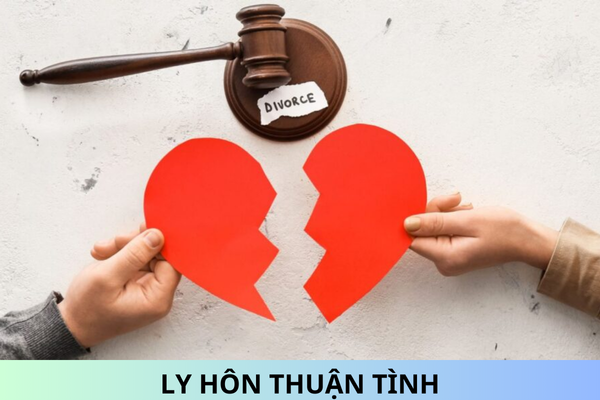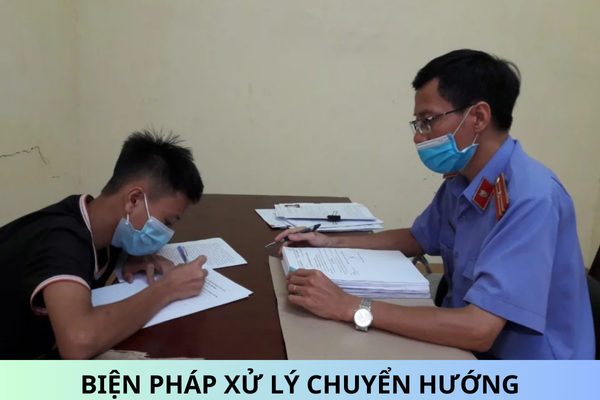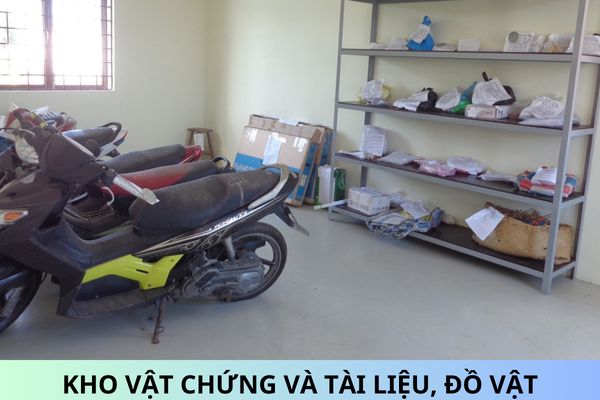Do preventive measures have to be applied when prosecuting cases or prosecuting accused persons in Vietnam?
Do preventive measures have to be applied when prosecuting cases or prosecuting accused persons in Vietnam? What should I do to get back a vehicle related to a robbery case in Vietnam? What is preservation of proceeds from gambling cases in Vietnam?
Do preventive measures have to be applied when prosecuting cases or prosecuting accused persons in Vietnam?
As commune police, our team is responsible for supporting higher-level police units in some cases. So let me ask, for some people who fight but have not yet had a decision from the district police, can we ban them from leaving the locality?
Answer: According to the information you provided, when the commune-level police prohibit certain subjects from leaving the locality for violating the law, it means that the commune-level police are using preventive measures.
And in Article 109 of the 2015 Criminal Procedure Code, it is stipulated:
Article 109. Preventive measures
1. Competent procedural authorities and persons within their powers can implement measures of emergency custody, arrest, temporary detainment, detention, bail, surety, residential confinement, exit restriction, in order to preclude crime, to prevent accused persons from evidently obstructing investigations, prosecution, adjudication or from committing other crimes, or to assure the enforcement of sentences.
2. The apprehension of persons refers to emergency custody, arrest of perpetrators of crimes in flagrante or wanted fugitives, capture of suspects and defendants for detention, and arrest of persons for extradition.
According to the above regulations in Vietnam, the commune police's implementation of preventive measures prohibiting leaving the place of residence should be applied when there are grounds for the accused person to cause difficulties in investigation, prosecution and trial. This is not a mandatory measure in all cases.

What should I do to get back a vehicle related to a robbery case in Vietnam?
I encountered a situation where I had a motorbike but left it at a friend's house because I was on a business trip that day so I had a spare motorbike to send. When I got home, I found out that my friend's house was arrested in connection with a robbery. That motorbike is completely unrelated, the documents I still keep. I didn't know when he was arrested, so I didn't have any documents to present and he was taken all back to the commune. So let me ask if I can pick up the motorbike when I bring the vehicle documents now. When I asked, I was told that I had to do a conduct confirmation and that I had a criminal record or not, so I asked if that was true?
Answer: Article 106 of the 2015 Criminal Procedure Code stipulates:
1. Investigation authorities and units assigned to investigate make decisions on the handling of exhibits if the case is dismissed at the stage of investigation. The procuracy decides the handling of exhibits if the case is dismissed at the stage of prosecution. The court president governs the handling of exhibits if the case if dismissed at the preliminary stage of adjudication. The Trial panel make decisions on the handling of exhibits if the case is heard.
The enforcement of decisions on the handling of exhibits must be executed in writing.
2. Exhibits are handled as follows:
a) Exhibits including tools or means of crime, objects prohibited from storage and trading shall be seized, confiscated into the state budget or disposed;
b) Exhibits including money or property gained through criminal acts shall be seized and confiscated into the state budget.
c) Exhibits that are not valuable and usable shall be seized and disposed.
3. During the processes of investigation, prosecution and adjudication, the competent authorities and individuals as stated in Section 1 are entitled to
a) Return property seized and detained but not deemed as evidences to legitimate owners or managers of such in promptly manner;
b) Return evidences to legitimate owners or managers if such return is deemed not to affect the settlement of the case and the enforcement of sentences;
c) Evidences susceptible to damage or subject to strenuous preservation may be sold as per the laws. If they are not salable, disposal shall occur;
d) Evidences including wild animals and exotic plants shall be handled by competent specialized control units immediately after the release of findings of expert examinations as per the laws.
4. If disputes over the ownership of exhibits exist, the settlement of such shall be governed by the Civil procedure code.
Pursuant to the above regulations in Vietnam, in cases where it is deemed that returning the evidence to the owner (legal user) does not affect the handling of the case and execution of the judgment, the competent person shall decide to return the evidence. In this case, you contact the police and produce documents proving ownership. There are currently no regulations requiring a certificate of conduct.
What is preservation of proceeds from gambling cases in Vietnam?
I followed and learned that in gambling cases, the police confiscated a lot of money. So let me ask: What is preservation of proceeds from gambling cases in Vietnam? Hope to receive a response soon. Sincerely thank!
Answer: In Article 89 of the 2015 Civil Procedure Code, there are provisions as follows:
Exhibits include tools and means of crimes, objects with criminal traces, criminals' targets, money or other items as satisfactory evidences of crimes and malefactors or of significance to the settlement of cases.
Thus, according to this regulation, money obtained from gambling cases is considered evidence.
According to Point b, Clause 1, Article 90 of the 2015 Civil Procedure Code, there are regulations on preservation of exhibits as follows:
- Exhibits must be preserved intact and protected from loss, disorder and deterioration.
- For material evidence that is money, it must be appraised immediately after collection and must be immediately transferred for preservation at the State Treasury or other specialized agency.
- If the evidence is money containing traces of a crime, seal it immediately after collection. The sealing and unsealing are recorded in writing and included in the case file. Sealing and unsealing of evidence is carried out according to Government regulations.
Above is the answer about preserving money obtained from gambling cases in Vietnam.
Best regards!










